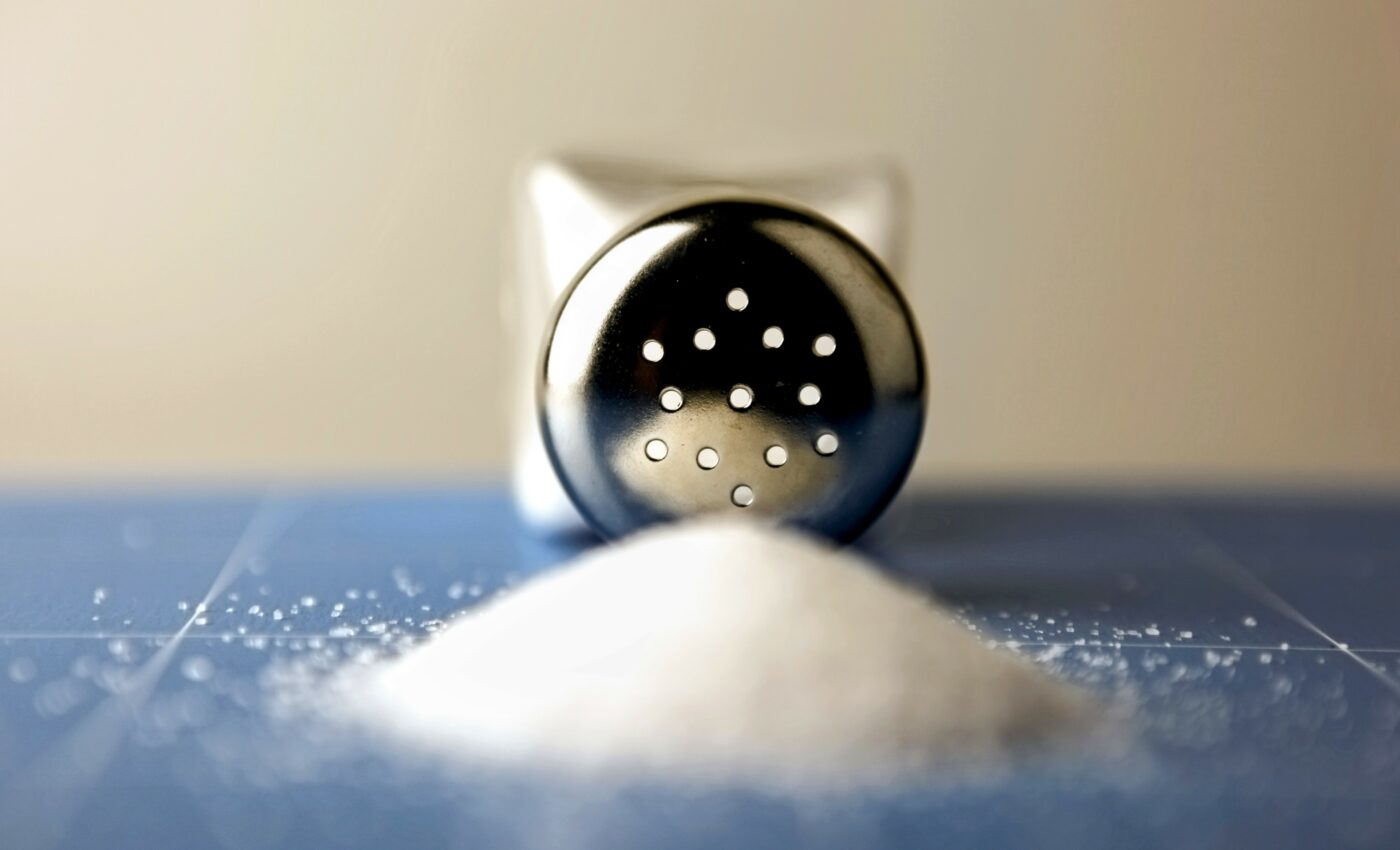
Zapping our tongues could help reduce salt intake
Most people all over the world consume too much salt in their diets, leading to high blood pressure and other health problems. If individuals cut back their salt intake to the amount recommended by the World Health Organization (WHO) – less than five grams per day – an estimated 2.5 million deaths could be prevented each year.
Now, a research team from Meiji University in Japan and Kirin – a Japanese food and beverage company – has discovered a novel way to enhance the saltiness (and even potentially the savoriness) of low-sodium food, through the electrical stimulation of the tongue with a chopstick-shaped utensil. These findings can lead to healthier ways for people to enjoy the full flavor of salty foods, while still adhering to low-sodium diets.
Previous research has shown that stimulating the tongue with a weak electrical current can affect the charged ions that make up sodium chloride to either inhibit or enhance saltiness. However, the current study is the first to investigate the extent to which people following a low-sodium diet can use electric taste stimulation to cut back on their salt intake.
“Many people consume around twice the salt intake standard recommended by the WHO,” said lead author Yoshinobu Kaji, a Master’s student in the Graduate School of Advanced Mathematical Sciences at Meiji University. “This standard cannot be met with a little effort in salt reduction, and a drastic solution is essential. This study is an important approach because it suggests that a 30 percent reduction in salt can be achieved by electrical stimulation.”
Together with his colleagues, Kaji designed an electrical stimulation waveform with an amplitude and frequency that were optimized to enhance the saltiness of low-sodium foods, and enrolled a group of 31 participants to test it. Each person tasted and rated the saltiness of various saltwater gel samples which had two different levels of sodium. The results suggest that electric stimulation enhanced the saltiness of the low-sodium sample, making it comparable to the control sample, which was about 40 percent saltier. Thus, such electrified utensils could reduce salt intake by 30 percent without sacrificing the experience of saltiness.
Moreover, in a second experiment, the participants had to consume a low-salt miso soup. Many of them found the soup not only saltier but also tastier, suggesting that electric stimulation may also improve umami – an alleged fifth sense described as savoriness in Japanese culture.
Further research is needed to assess this new technology’s possible applications in other fields, such as taste simulation in virtual environments. “In the future, for example, it may be possible to virtually reproduce the taste of food and drink, or to realize taste expressions that are difficult to achieve with conventional eating experiences,” Kaji concluded.
The study is published in the journal Frontiers in Virtual Reality.
—
By Andrei Ionescu, Earth.com Staff Writer













